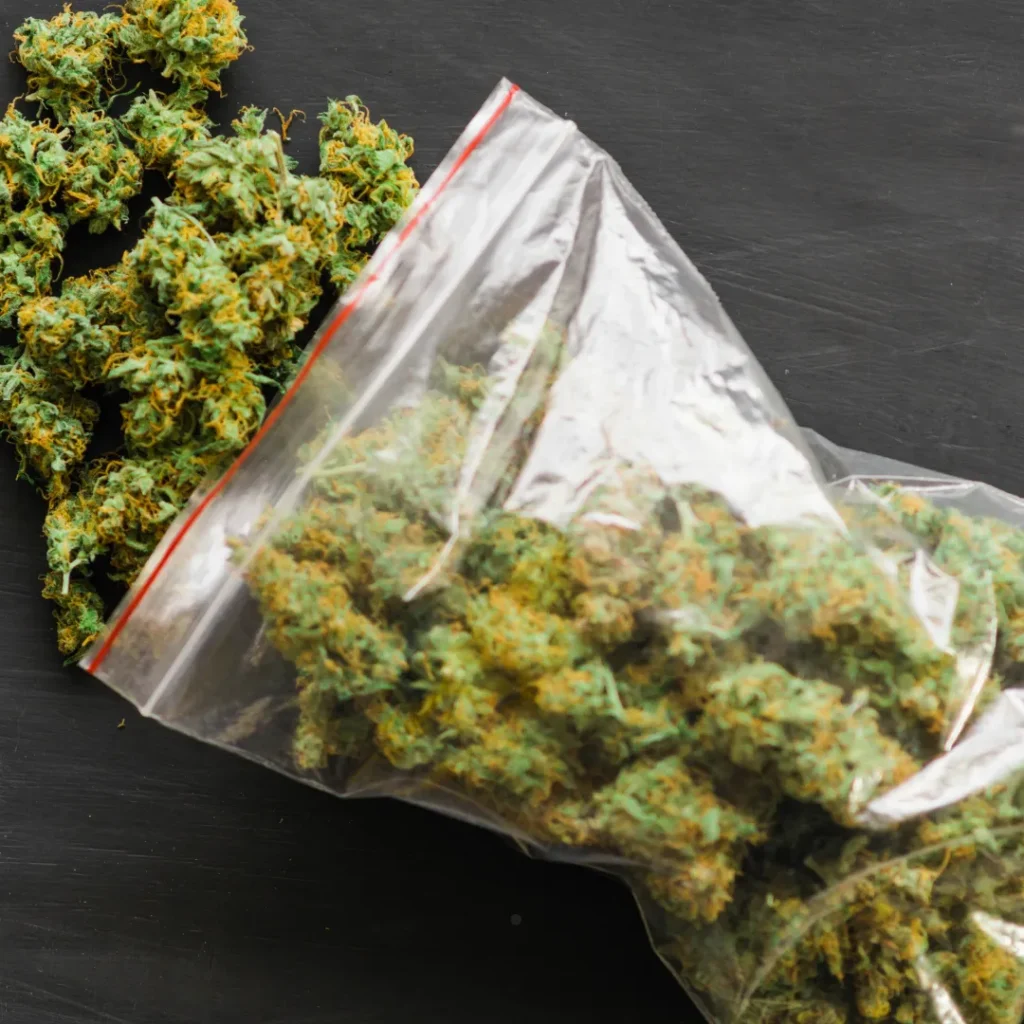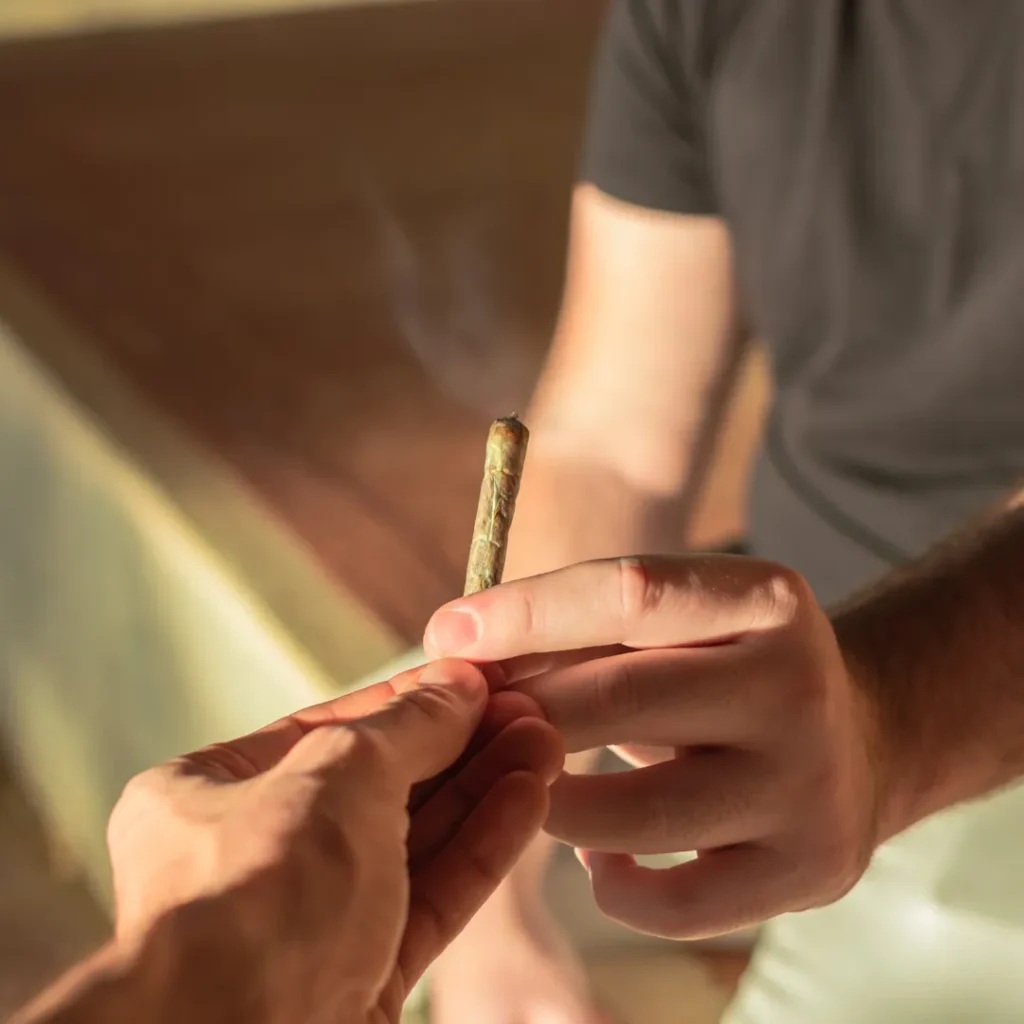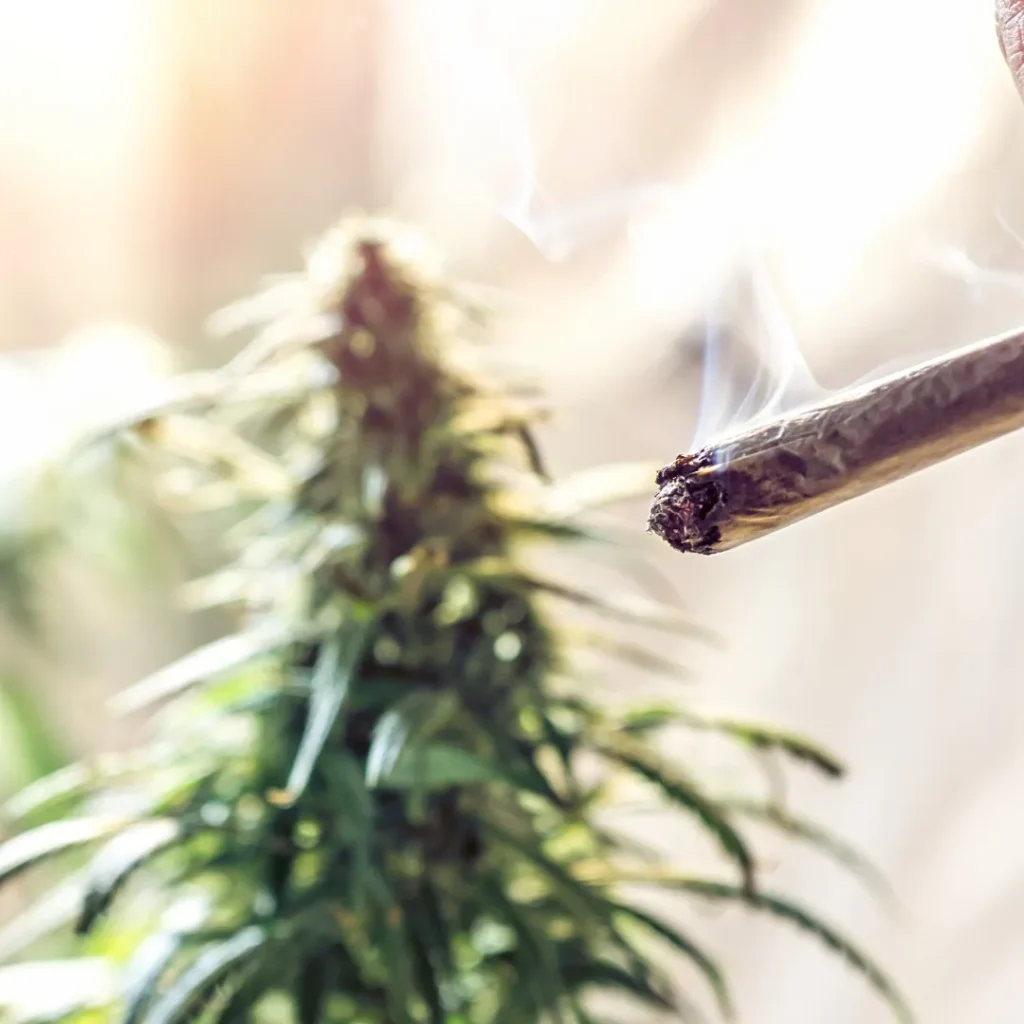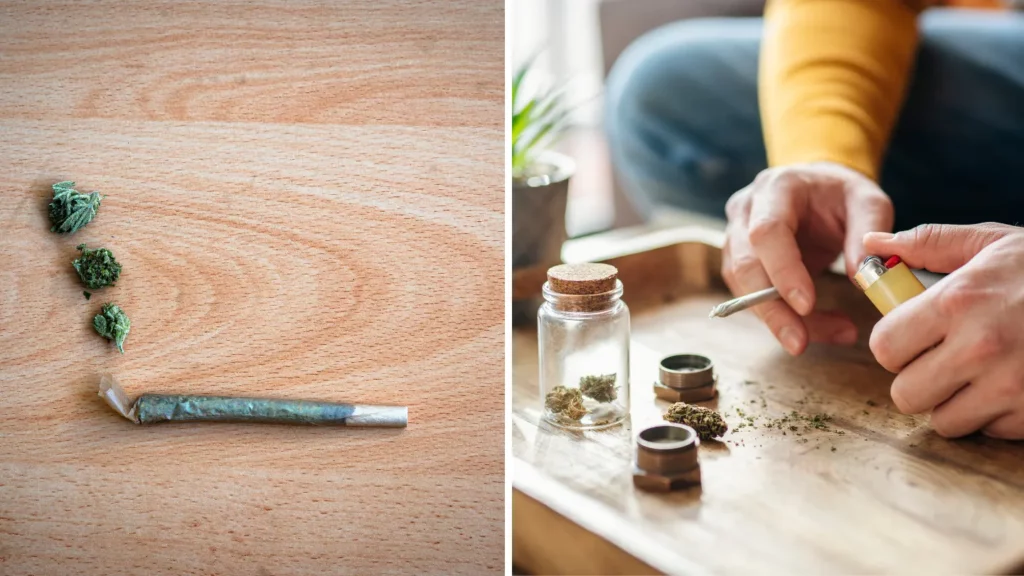Around the world, marijuana is slowly starting to be accepted. People are getting to love the plant whether it’s for medical reasons, anxiety or recreational use. But recent study has even called into question whether or not it should be used by adults. More specifically, those over 30 years old. This suggests that people in this group may want to look at changing the habit.

Using Marijuana After The Age Of 30 Is Not Advisable.
Are you 30+ and enjoy the occasional (or regular) joint? But research out of Australia is suggesting you might want to cut back on the habit. And they examined the life outcomes of marijuana users and the results for adults over 30 weren’t so great.
The University of Queensland researchers looked at what are known as success outcomes for amphetamine and marijuana users. Data from over 8000 mothers and 2000 children was used to look at drug use at ages 21 and 30. The team found that usage led to decreased success rates in nine specific ways, including:
- Education
- Income
- Home ownership
- Relationship status
- Reported happiness

However, more importantly, these lowered success rates only held true for those who continued smoking marijuana after 30.
The Constraints Of The Research
Just don’t worry too much before you start getting anxious about breaking the habit by the time you’re 30 (or you should have already). Several limitations that may prevent the results presented here from being universally applicable are presented in this study.
1. Unusual Information
This data from Australia is about female mothers only. This view is quite localized however, and may not represent other nations. Some data goes back as far as 1981. This might not be relevant to today’s diverse and interconnected world, of course.
2. Indicators of Achievement
Another is the criteria used to measure success of the individual. For example, owning a home is one indicator, and being in a relationship is another. Both of these aspects are being influenced by numerous cultural and geographical factors. Being a homeowner is a reflection of one’s priorities and where they live more than it is a reflection of success.
Factors like a family, or choosing to have roots in one area or another, can sway your decision. As the digital nomad lifestyle grows, owning a home does not equate to achievement.

Relationship status can be a complex factor in determining what is success. It may also be formed by a variety of cultural and geographical factors. In fact, many accomplished people can do fine on their own just as many couples struggle in all areas of life. The value of being in a relationship may be great for you, and hence it may be part of your overall sense of personal achievement. However, it doesn’t promise a victory for every person.
3. Additional Substance Use
In addition, the study did not examine if those with substantial lack of success with marijuana and/or amphetamines were also using other substances.

“We do not have adequate data on other illicit drugs that may be being used, for example, ecstasy, opiates and even synthetic drugs,” the researchers admitted in their paper. “A subset of those using cannabis as well as amphetamines may also be using a range of other drugs and it may be that our findings reflect polydrug use generally rather than the specific use of cannabis and amphetamines.”
What Are the Implications For You?
The experiment with substances during youth does not mean that the adulthood is doomed. But what it does mean is that it’s important to not allow it to become a dependency in adulthood. For some people, excessive marijuana use (in adulthood) can lead to problems at work, in relationships, and in being able to maintain stability.
It’s fine if you want to use marijuana. So just make sure you don’t go too far and it doesn’t take over your entire existence. If you see your drive is dwindling, or you see yourself spending too much money or time on it, or if it is getting in your way of your professional and personal responsibilities, maybe it’s time to step away from the habit.

